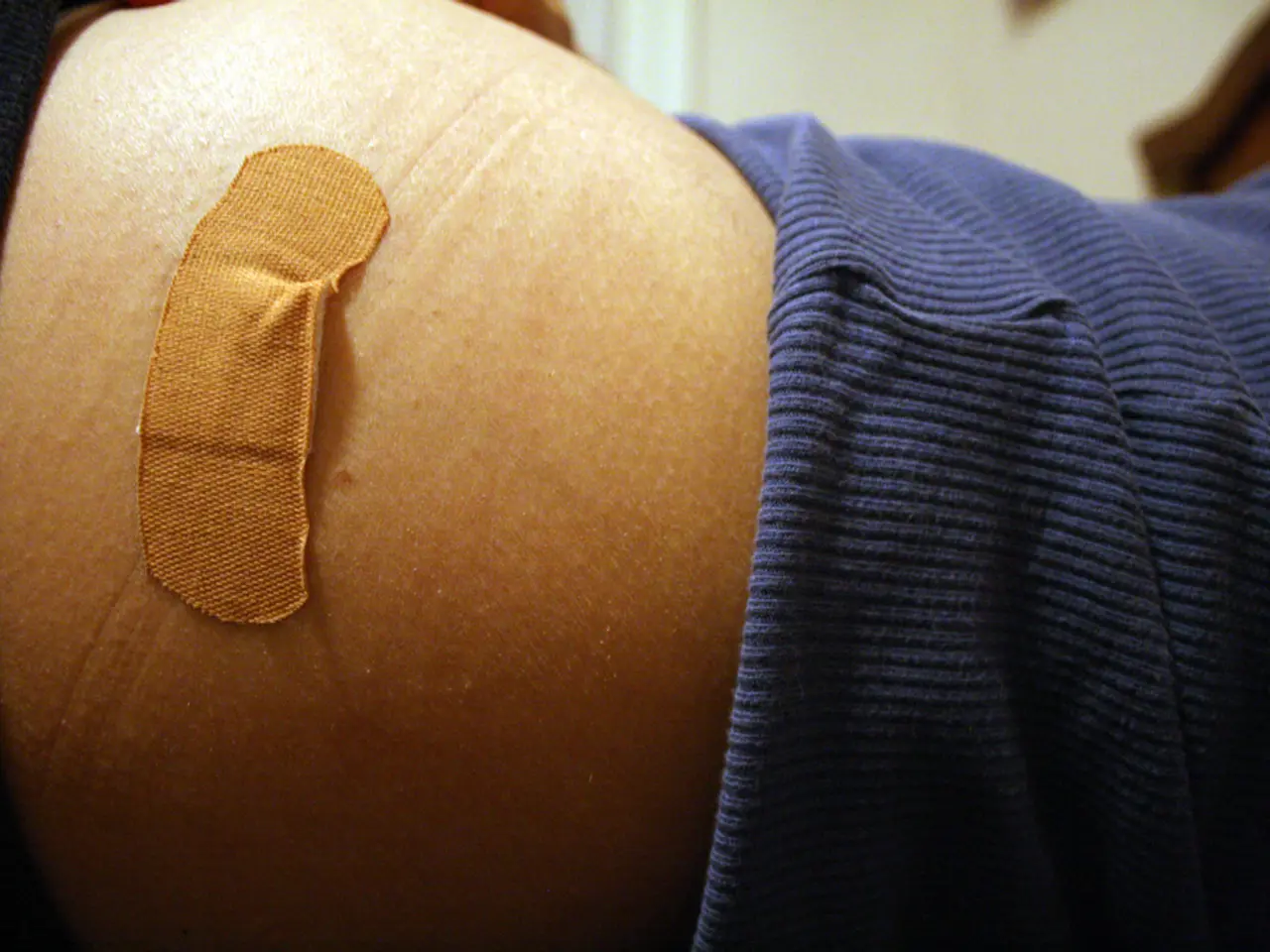Almaty City Council unveils two artificial intelligence-focused healthcare initiatives
In the heart of Kazakhstan, the city of Almaty has been at the forefront of digital healthcare innovation. In 2020, the Digitalization Department of Almaty City implemented a series of projects aimed at combating the coronavirus infection, but the city's focus on digital health didn't stop there.
One of these projects concerned the early detection of oncological diseases and ischemic stroke. The Almaty Laboratory of Artificial Intelligence, using its CEREBRA project, and the company "Forus Data" introduced a Picture Archiving and Communication System (PACS) that employs built-in artificial intelligence to aid in early detection of ischemic stroke and other medical conditions.
The PACS system, now used in 64 hospitals across various cities in Kazakhstan, processes around 300 X-ray images per day with an accuracy of 84%. This system prioritizes patient diagnosis on the same day as the image is taken, reducing wait times from 3 to 14 days.
For ischemic stroke, AI integrated into imaging and monitoring platforms like PACS supports early detection by rapidly analyzing brain scans (CT, MRI) to identify ischemic changes, enabling faster diagnosis and treatment decisions. The algorithm for artificial intelligence to recognize ischemic stroke is considered one of the most complex.
In oncology, AI is used to predict tumor stemness—an indicator of cancer aggressiveness and potential for recurrence. This is done by analyzing genetic and molecular tumor data to help oncologists personalize treatment plans and improve patient outcomes.
At the international forum Digital Almaty 2021, digital health innovations, including AI-enabled diagnostics and imaging integration, were demonstrated as ways to improve early disease detection and management. The PACS system in Almaty leverages these AI tools to streamline image analysis and reporting, improving workflow efficiency and clinical accuracy for diseases like cancer and stroke.
The therapeutic window for pharmacological stroke treatment is 4.5 hours, during which a correct diagnosis must be made and treatment selected. If the degree of brain damage can be determined within this window, immediate treatment can be initiated to prevent brain death. Images where artificial intelligence detects serious pathologies are automatically given the highest, red priority.
The chief physician of the 7th City Clinical Hospital in Almaty, Manas Ramazanov, notes the importance of scaling projects using artificial intelligence throughout Kazakhstan to ensure all patients have access to qualified specialists. With these advancements, Almaty and Kazakhstan are setting a promising example for the integration of artificial intelligence in healthcare, particularly in early detection and personalized treatment for critical diseases.
Sources:
[1] Digital Health Age. (2021). Kazakhstan's digital health: Almaty's PACS system and AI in healthcare. Retrieved from https://digitalhealthage.com/2021/02/08/kazakhstans-digital-health-almatys-pacs-system-and-ai-in-healthcare/
[3] Healthcare IT News. (2020). How AI is transforming healthcare in Kazakhstan. Retrieved from https://www.healthcareitnews.com/news/how-ai-transforming-healthcare-kazakhstan
- The city of Almaty, Kazakhstan, utilizes cutting-edge technologies like artificial intelligence in their healthcare system, as demonstrated by the CEREBRA project from the Almaty Laboratory of Artificial Intelligence and the Picture Archiving and Communication System (PACS) developed by Forus Data.
- In oncology, artificial intelligence is used to analyze genetic and molecular tumor data, predicting tumor stemness and aiding oncologists in personalizing treatment plans for improved patient outcomes.
- To expedite early detection and treatment for critical diseases like ischemic stroke and cancer, Almaty's PACS system employs artificial intelligence to rapidly process images and prioritize urgent cases, potentially saving lives by shortening diagnosis wait times.




